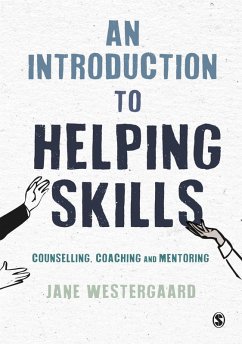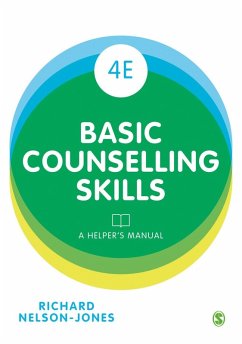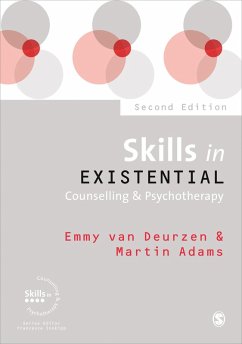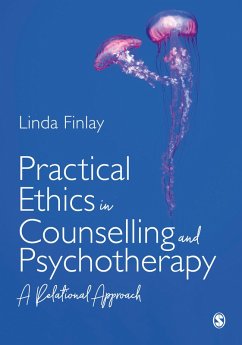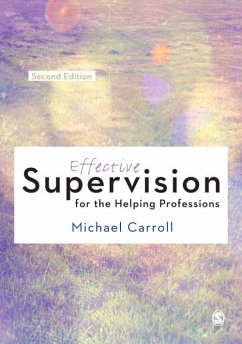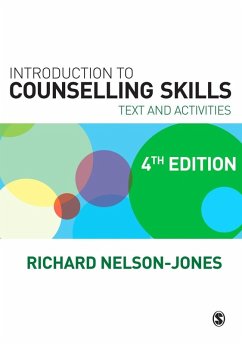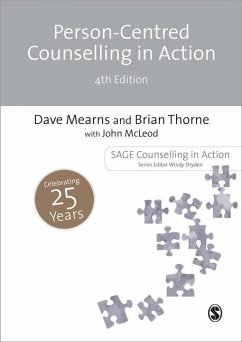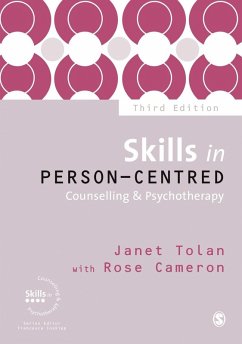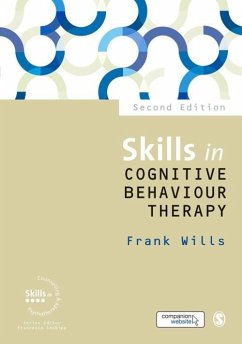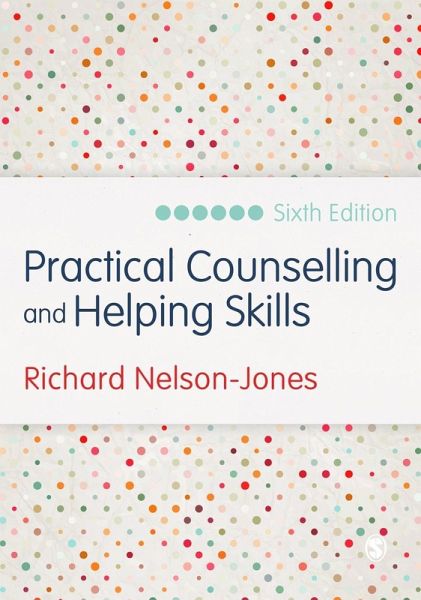
Practical Counselling and Helping Skills (eBook, PDF)
Text and Activities for the Lifeskills Counselling Model
Versandkostenfrei!
Sofort per Download lieferbar
45,95 €
inkl. MwSt.
Weitere Ausgaben:

PAYBACK Punkte
23 °P sammeln!
This sixth edition provides a step-by-step guide to using counselling and helping skills with confidence and proficiency. The author's three-stage model of counselling - relating, understanding and changing - is designed to facilitate developing lifeskills in clients and to help them to change how they feel, think, communicate and act.It includes new chapters on 'Technology mediated counselling and helping', with updated research and references throughout. Using practical activities and case examples, the book takes you beyond the basics to more advanced skills, making it an essential companio...
This sixth edition provides a step-by-step guide to using counselling and helping skills with confidence and proficiency. The author's three-stage model of counselling - relating, understanding and changing - is designed to facilitate developing lifeskills in clients and to help them to change how they feel, think, communicate and act.
It includes new chapters on 'Technology mediated counselling and helping', with updated research and references throughout.
Using practical activities and case examples, the book takes you beyond the basics to more advanced skills, making it an essential companion for all counselling skills courses.
Richard Nelson-Jones has many years' experience as a counsellor, trainer and psychotherapist. His books have helped train thousands of counsellors and helpers worldwide. He is a Fellow of the British and Australian Psychological Societies and of the British Association for Counselling and Psychotherapy.
It includes new chapters on 'Technology mediated counselling and helping', with updated research and references throughout.
Using practical activities and case examples, the book takes you beyond the basics to more advanced skills, making it an essential companion for all counselling skills courses.
Richard Nelson-Jones has many years' experience as a counsellor, trainer and psychotherapist. His books have helped train thousands of counsellors and helpers worldwide. He is a Fellow of the British and Australian Psychological Societies and of the British Association for Counselling and Psychotherapy.
Dieser Download kann aus rechtlichen Gründen nur mit Rechnungsadresse in A, D ausgeliefert werden.




